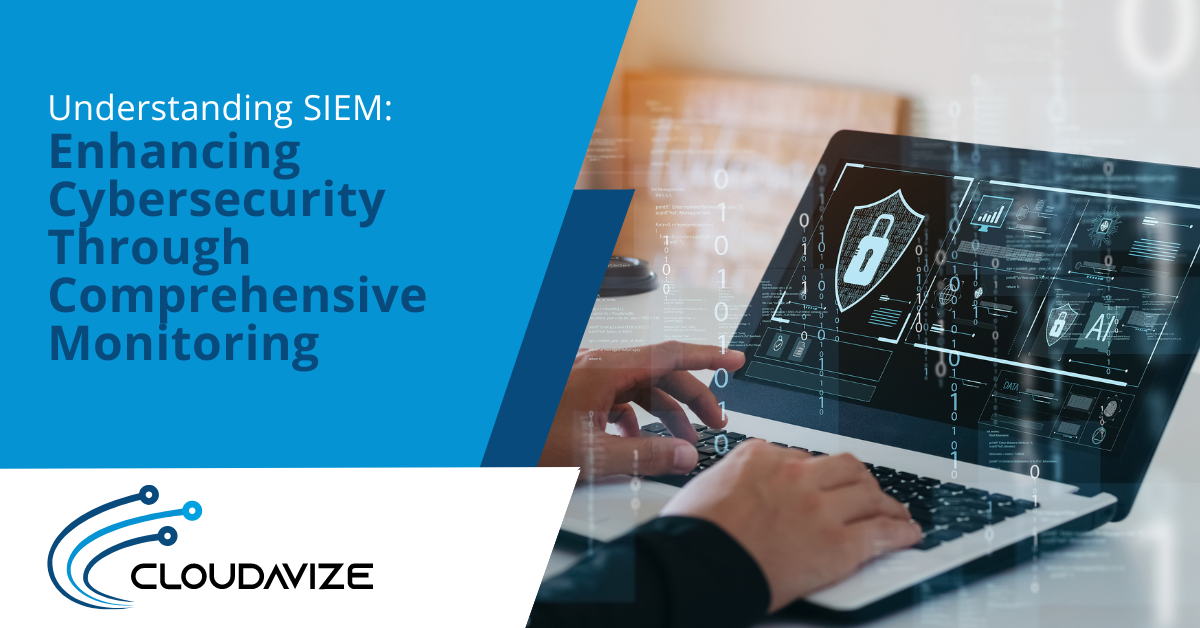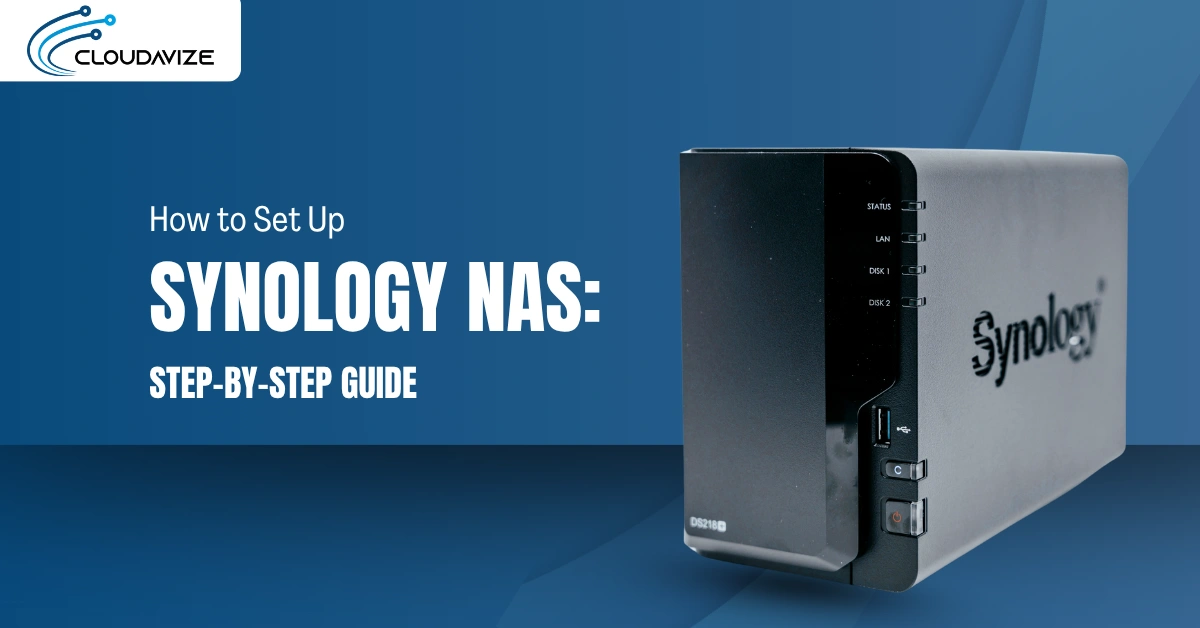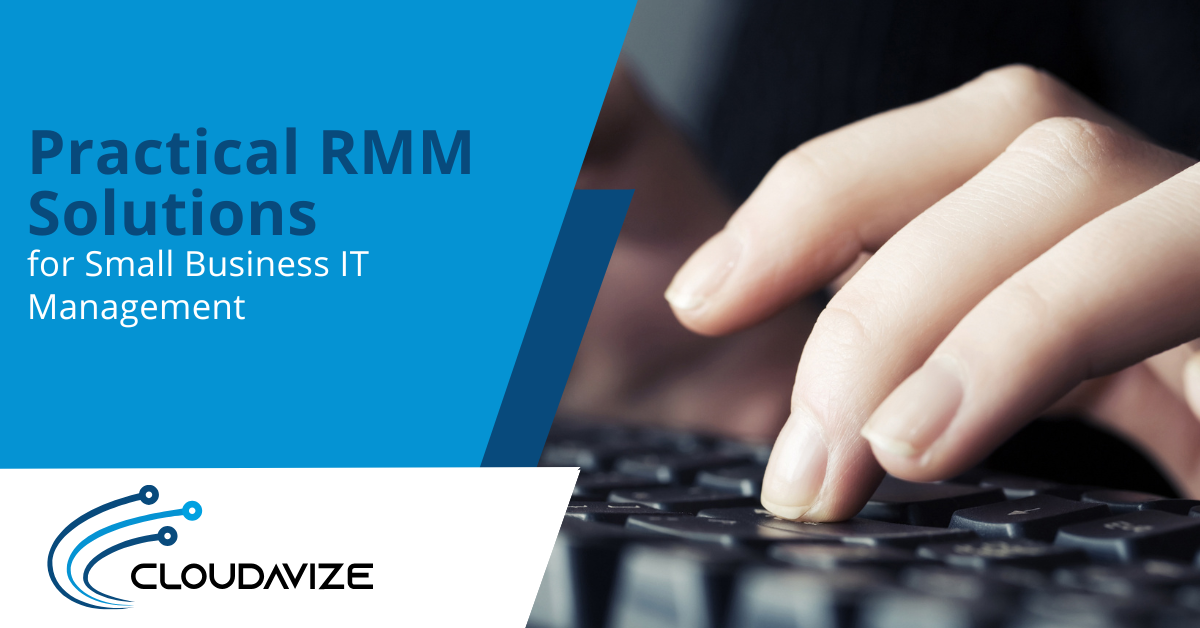In today’s digital landscape, organizations face an ever-increasing array of cybersecurity threats. As networks grow more complex and attacks become more sophisticated, the need for robust security measures has never been greater.
One crucial tool in the modern cybersecurity arsenal is Security Information and Event Management (SIEM). This powerful solution combines security information management and security event management to provide a holistic view of an organization’s security posture.
Table of Contents
What is SIEM?
SIEM is a comprehensive approach to security management that brings together two essential components: security information management (SIM) and security event management (SEM). By integrating these two elements, SIEM provides organizations with real-time analysis of security alerts generated by various hardware and software applications.
Security Information Management (SIM)
SIM focuses on the collection, storage, and analysis of log data from various sources within an organization’s IT infrastructure. This includes data from firewalls, intrusion detection systems, antivirus software, and other security-related applications. By centralizing this information, SIM allows security teams to gain valuable insights into potential threats and vulnerabilities.
Security Event Management (SEM)
SEM, on the other hand, deals with the real-time monitoring and correlation of security events. It analyzes data from multiple sources to identify patterns and anomalies that may indicate a security incident. SEM helps organizations respond quickly to potential threats by providing immediate alerts and actionable intelligence.
Key Features of SIEM
SIEM solutions offer a wide range of features designed to enhance an organization’s security posture. Some of the most important capabilities include:
Log Collection and Aggregation
SIEM systems collect log data from various sources across the network, including servers, applications, and security devices. This data is then aggregated and normalized, making it easier to analyze and correlate events from different systems.
Real-time Monitoring and Alerting
One of the primary benefits of SIEM is its ability to provide real-time monitoring of security events. By continuously analyzing data from multiple sources, SIEM can quickly detect and alert security teams to potential threats or suspicious activities.
Threat Intelligence Integration
Many SIEM solutions incorporate threat intelligence feeds, which provide up-to-date information on known threats and vulnerabilities. This integration allows organizations to stay ahead of emerging threats and proactively strengthen their defenses.
Compliance Reporting
SIEM systems often include built-in reporting capabilities to help organizations meet various regulatory requirements. These reports can demonstrate compliance with standards such as HIPAA, PCI DSS, and GDPR.
Benefits of Implementing SIEM
Implementing a SIEM solution can provide numerous benefits to organizations of all sizes. Some of the key advantages include:
Improved Threat Detection and Response
By centralizing security data and providing real-time analysis, SIEM enables organizations to detect and respond to threats more quickly and effectively. This can significantly reduce the potential impact of security incidents.
Enhanced Visibility
SIEM provides a comprehensive view of an organization’s security posture, allowing security teams to identify vulnerabilities and potential risks more easily. This improved visibility can help organizations make more informed decisions about their security strategies.
Streamlined Compliance
With built-in reporting capabilities, SIEM solutions can simplify the process of demonstrating compliance with various regulatory requirements. This can save organizations time and resources while ensuring they meet their legal obligations.
Increased Operational Efficiency
By automating many aspects of security monitoring and analysis, SIEM can help organizations optimize their security operations. This can lead to improved efficiency and reduced costs associated with manual security processes.
Challenges and Considerations
While SIEM offers numerous benefits, implementing and maintaining a SIEM solution can present some challenges. Organizations should consider the following factors when adopting SIEM:
Resource Requirements
SIEM solutions often require significant resources, both in terms of hardware and personnel. Organizations need to ensure they have the necessary infrastructure and skilled staff to effectively implement and manage a SIEM system.
Data Volume and Quality
SIEM systems rely on high-quality data from various sources. Organizations must ensure that they have proper data collection and management processes in place to provide the SIEM with accurate and relevant information.
Tuning and Optimization
To maximize the effectiveness of a SIEM solution, organizations need to invest time and effort in tuning and optimizing the system. This may involve adjusting alert thresholds, creating custom correlation rules, and refining reporting capabilities.
Scalability
As organizations grow and their IT infrastructure expands, their SIEM solution must be able to scale accordingly. It’s important to choose a SIEM platform that can accommodate future growth and evolving security needs.
The Future of SIEM
As cybersecurity threats continue to evolve, SIEM solutions are adapting to meet new challenges. Some emerging trends in SIEM technology include:
AI and Machine Learning Integration
Many SIEM vendors are incorporating artificial intelligence and machine learning capabilities into their solutions. These technologies can help improve threat detection, reduce false positives, and automate certain aspects of security analysis.
Cloud-based SIEM
With the increasing adoption of cloud services, cloud-based SIEM solutions are becoming more popular. These platforms offer greater scalability and flexibility, making them an attractive option for organizations of all sizes.
User and Entity Behavior Analytics (UEBA)
UEBA is an emerging technology that focuses on analyzing the behavior of users and entities within an organization’s network. By integrating UEBA capabilities, SIEM solutions can better detect insider threats and other sophisticated attacks.
Get Started Today
Security Information and Event Management (SIEM) has become an essential component of modern cybersecurity strategies. By providing comprehensive monitoring, real-time analysis, and actionable intelligence, SIEM enables organizations to better protect their assets and respond more effectively to security threats.
As the cybersecurity landscape continues to evolve, SIEM solutions will play an increasingly important role in helping organizations stay ahead of emerging threats. At Cloud Avize, we understand the critical importance of robust security measures in today’s digital world.
Our team of experts can help you navigate the complexities of SIEM implementation and ensure that your organization is well-equipped to face the cybersecurity challenges of tomorrow. Contact us today to learn more about how we can help strengthen your security posture and protect your valuable assets.



